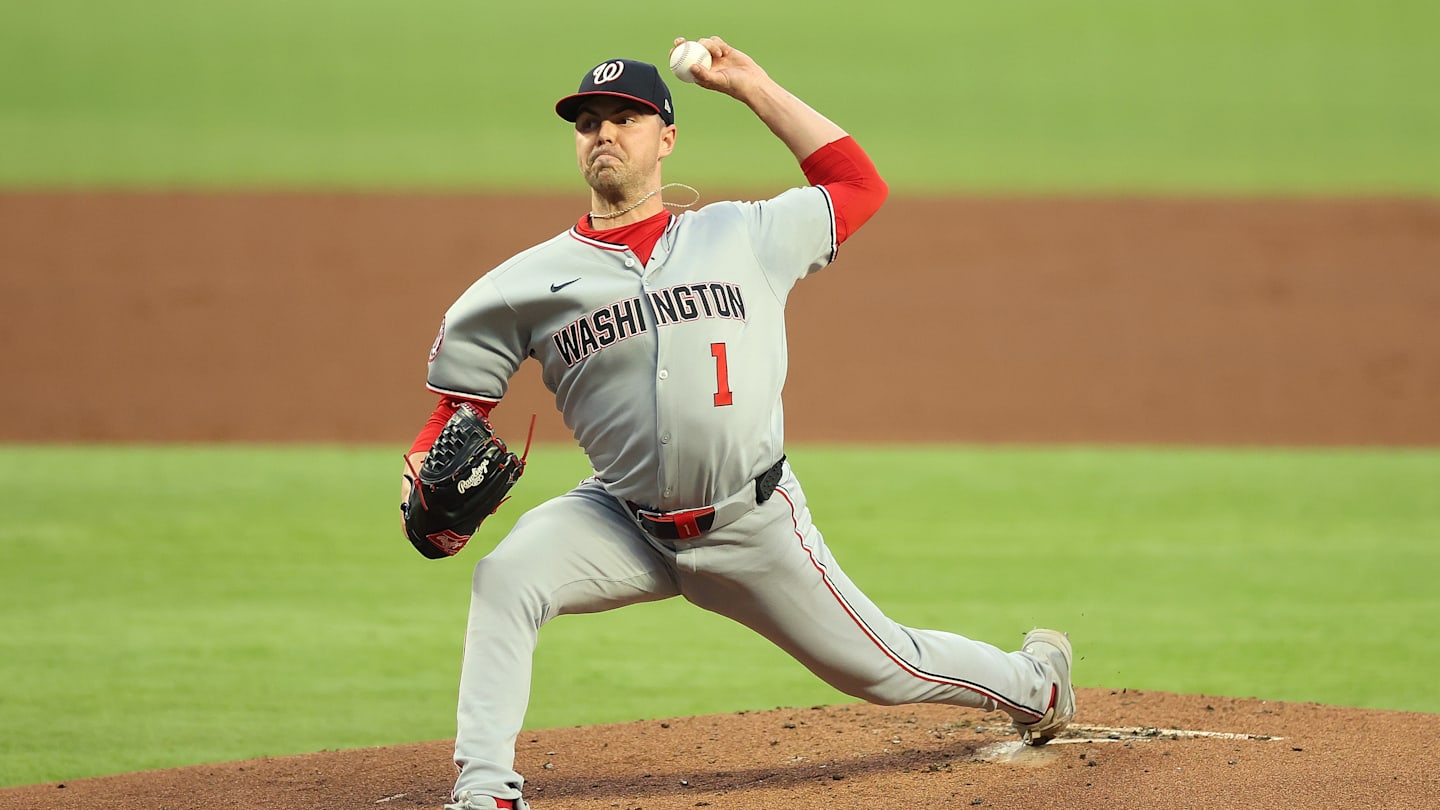
"November 21 is the deadline to tender contracts to players on a Major League Baseball roster without a pre-existing guaranteed contract. Of course, that's not the deadline to come to an agreement on a salary; the tendering of a contract simply indicates intent to offer one, and if a team doesn't tender a contract to a major league player, he becomes a free agent. For players with fewer than 3 years of major league service, the process is rather simple; players under these criteria often simply have their contracts renewed for the league-minimum salary, which will be $780,000 annually in the 2026 season."
"Players with at least three but fewer than six years of major league service and not already playing under a previously-agreed-upon contract extension are eligible for salary arbitration. Within this system, a player and his agency submit a value that the player deserves he should be paid in the coming season; the team he plays for does likewise. Both parties then meet with an arbitrator; an individual, often a labor lawyer, whose job it is to hear out the cases of both sides, then rule in favor of one side or the other. There is no awarding of a number anywhere in-between in these cases."
"Arbitration disputes can often result in the disillusionment of players with their organizations, as the resolution requires teams telling a third party, in front of the player in question, why said player is less valuable and deserves to be paid less than he believes he should be. A key example of this comes from the 2022-23 offseason, when Corbin Burnes told reporters he was hurt by the Brewers' arguments as to why he should receive $740,000 less than his $10.75 million request just a season removed from winning the National League Cy Young Award in 2021."
November 21 is the MLB deadline for teams to tender contracts to rostered players who lack guaranteed deals; failure to tender renders a player a free agent. Players with fewer than three years of service usually receive simple renewals, often at the league minimum, which will be $780,000 in 2026. Players with three to six years of service who lack extensions are arbitration-eligible; the player and team each propose a salary and an arbitrator selects one proposal without compromise. Arbitration hearings can strain player-team relationships, as teams publicly argue why a player merits a lower salary. Even last offseason, the Nationals failed to reach agreement on a newly acquired player's contract before the deadline.
Read at District on Deck
Unable to calculate read time
Collection
[
|
...
]